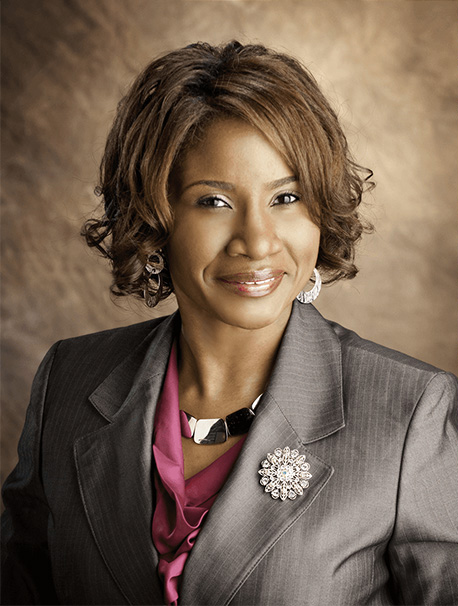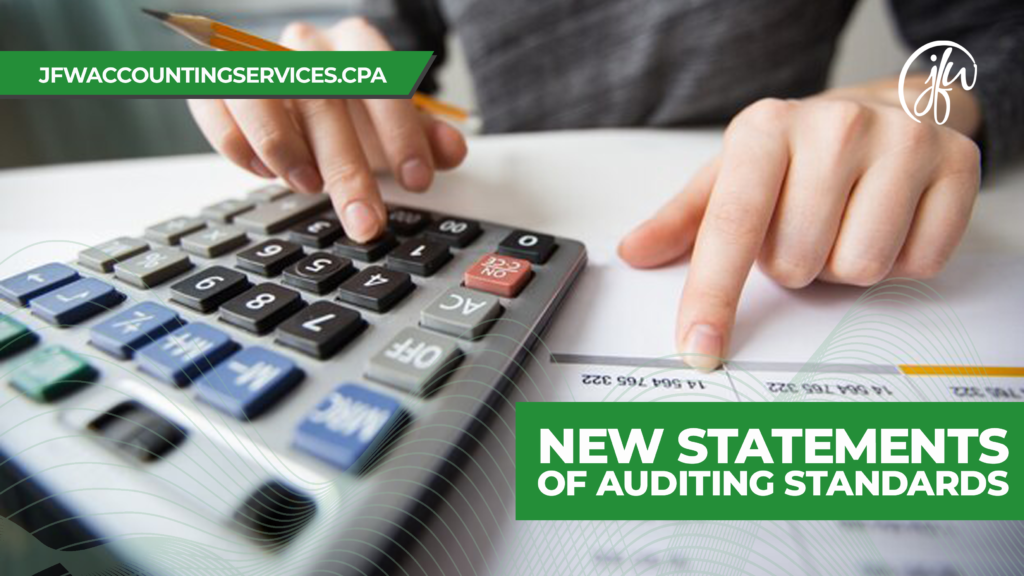Auditing standards do not generally affect an organization when it comes to daily operations. However, it is important for nonprofit organization leaders to stay on top of changes with audit reports. Knowledge of current regulations will make preparation for the annual audit more efficient. Recently, there were changes made by the ASB to make audit reports more transparent.
Learn more about the updates released in May of 2019 and how they impact your organization in this article.
What Are Auditing Standards?
Statements on auditing standards for CPAs working with nonprofits are issued by the Auditing Standards Board (ASB), which is part of the American Institute of Certified Public Accountants (AICPA).
The ASB is a senior committee within the AICPA that manages the quality and integrity of audit and attestation reports. The standards for audit reports are developed, updated, and communicated to accounting professionals and the public by the ASB.
The standards set help nonprofit organizations, for-profit companies, and the accountants that prepare and audit their financials. The auditing standards provide a guideline for auditors to stay within Generally Accepted Accounting Principles (GAAP).
Statements on auditing standards (SASs) are issued to create new sections or modify current sections of the Clarified Statements on Auditing Standards. The sections are labeled as AU-C sections in the AICPA Professional Standards.
What Are The Changes To The Auditing Standards?
Throughout 2019 and 2020, the ASB released new statements on auditing standards (SASs) that were originally meant to be effective for all audits of financial statements on and after December 15, 2020. The updates were issued via SAS numbers 134 – 141, with Number 141 delaying the effective date to December 15, 2021.
SAS 134 and SAS 135 brought the most change to the auditing standards. The former is the Auditors Reporting and Amendments, Including Amendments Addressing Disclosures of Financial Statements. The latter was titled an Omnibus Statement on Auditing Standards. There were some major changes to auditing standards brought on by these changes, including:
- Moving the auditor’s opinion to the front of the report
- Adding more titles
- Disclosing management’s and the auditor’s responsibilities for going concern issues
- Introducing Key Audit Matters (KAM)
- Expanding the disclosure of Auditor responsibilities
The changes implemented by SAS 134 and 135 were communicated through new AU-C sections including:
AU-C 700 – Forming an Opinion and Reporting on Financial Statements
The revision to the form and the content of the auditor’s report was made to provide the end-users with more information about the audit. The revised form includes the following titles:
- Opinion
- Basis for Opinion
- Emphasis of Matter
- Key Audit Matters
- Other Matters
- Responsibilities of Management for the Financial Statements
- Auditors’ Responsibilities for the Audit of the Financial Statement
AU-C 701- Communicating Key Audit Matters in the Independent Auditor’s Report
Including Key Audit Matters (KAM) in the audit report is a significant change for nonprofit audit reports. SAS 134 does not require that a nonprofit provide KAMs but provides requirements on how they are presented if they are reported. KAMs provide unique details about the nonprofit which makes the reports easier to use by grant agencies, donors, and other users.
AU-C 705 – Modifications to the Opinion in the Independent Auditor’s Report.
The required modifications to the auditor’s opinions did not change with the new SASs. However, the new titles and layout of the form created a need for an updated statement on the modifications.
AU-C 706 – Emphasis-of-Matter Paragraphs and Other-Matter Paragraphs in the Independent Auditor’s Report
Having a paragraph that addresses the Emphasis of Matter is not new to audit reports, however the requirement to title that paragraph is new with the recent SASs. The new section addresses how these matters are to be handled in the event of KAM or a going concern issue.
How Are Nonprofit Organizations Affected?
The new statements on auditing standards will not require nonprofits to change their current accounting policies or procedures. They relate to financial statements but do not change the way they are compiled.
The new auditing standards will affect the form and content of the report issued by the CPA that audits the financial statements. The audit report or “independent auditor’s report,” as regulated by the ASB and AICPA, is the signed letter from the auditor issuing their formal opinion on the financial statements of an organization.
While any changes to procedures can be overwhelming, the recent statements on auditing standards should not cause your nonprofit to make any changes internally. The revised audit reports will be helpful to nonprofits to establish their organization’s unique attributes first and foremost.
The changes to the auditing standards intend to make the auditor’s report more transparent to end-users, including those that control funding sources. For many organizations, the new layout of the reports will make presentations to granting agencies a simpler process.
To better understand what the new statements on audit standards mean to your organization, reach out to JFW Accounting Services today for an assessment.

Jo-Anne Williams Barnes, is a Certified Public Accountant (CPA) and Chartered Global Management Accountant (CGMA) holding a Master’s of Science in Accounting (MSA) and a Master’s in Business Administration (MBA). Additionally, she holds a Bachelor of Science (BS) in Accounting from the University of Baltimore and is a seasoned accounting professional with several years of experience in the field of managing financial records for non-profits, small, medium, and large businesses. Jo-Anne is a certified Sage Intacct Accounting and Implementation Specialist, a certified QuickBooks ProAdvisor, an AICPA Not-for-Profit Certificate II holder, and Standard for Excellence Licensed Consultant. Additionally, Jo-Anne is a member of American Institute of Certified Public Accountant (AICPA), Maryland Association of Certified Public Accountants (MACPA), and Greater Washington Society of Certified Public Accountants (GWSCPA) where she continues to keep abreast on the latest industry trends and changes.

